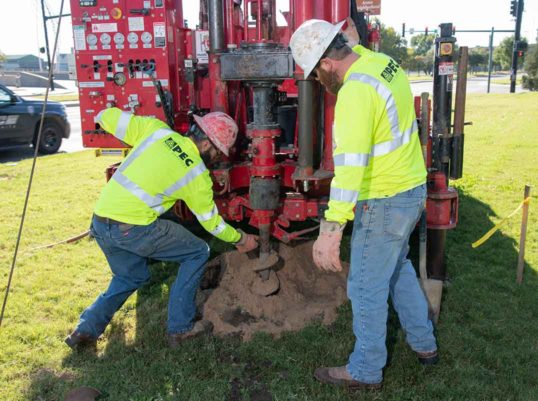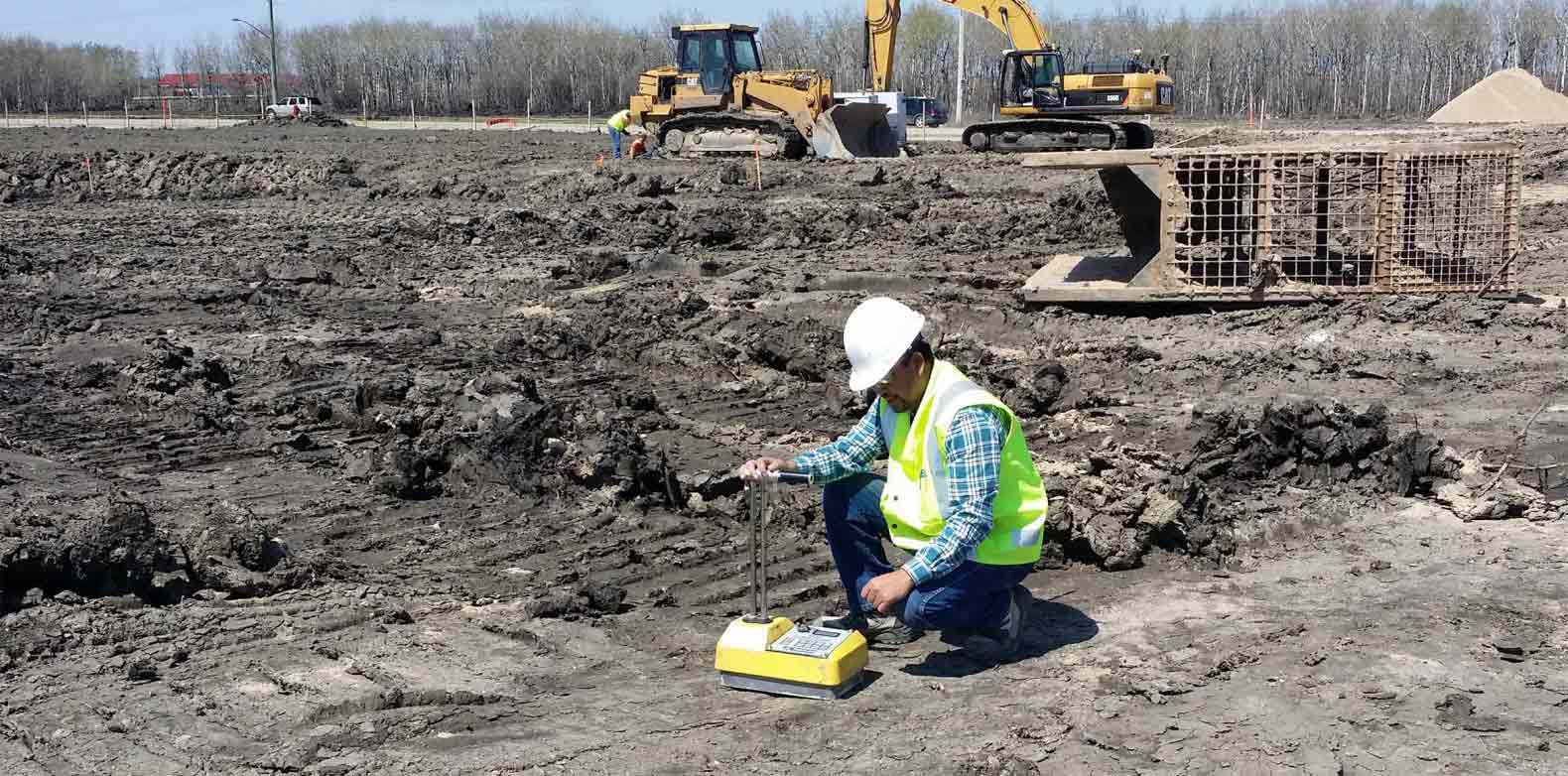The smart Trick of Consulting Engineers That Nobody is Talking About
Table of ContentsExamine This Report about Consulting EngineersConsulting Engineers for DummiesThe Facts About Consulting Engineers RevealedNot known Details About Consulting Engineers How Consulting Engineers can Save You Time, Stress, and Money.Some Ideas on Consulting Engineers You Should Know
To give the finest experiences, we use technologies like cookies to store and/or accessibility gadget details. Consenting to these modern technologies will permit us to process information such as searching actions or unique IDs on this website.They carry out site investigations, gather examples, do research laboratory tests, and evaluate information to assess the viability of the ground for building tasks. Based on their searchings for, geotechnical engineers provide referrals for structure design, incline stability, keeping frameworks, and reduction of geotechnical risks. Consulting Engineers. They collaborate with other specialists, such as architects, structural engineers, and building groups, to make sure that geotechnical considerations are incorporated into the general project style and application
9 Simple Techniques For Consulting Engineers
They translate the information to comprehend the properties and habits of the soil and rock, including their stamina, permeability, compaction qualities, and groundwater problems. Geotechnical Analysis and Style: Geotechnical engineers assess the data collected during site examinations to examine the security and suitability of the site for construction projects. They do geotechnical calculations and modeling to examine variables such as birthing ability, negotiation, incline stability, lateral earth stress, and groundwater flow.
Foundation Design: Geotechnical designers play an important function in developing structures that can safely sustain the desired structure. They assess the soil problems and lots needs to identify the appropriate structure type, such as shallow foundations (e.g., grounds), deep foundations (e.g., piles), or specialized strategies like soil enhancement. They take into consideration variables such as settlement restrictions, bearing capacity, and soil-structure interaction to develop optimum foundation layouts.
Below are some kinds of geotechnical designers: Foundation Engineer: Foundation designers concentrate on designing and examining foundations for frameworks. They analyze the soil problems, tons requirements, and site characteristics to determine the most proper structure type and style, such as shallow foundations, deep foundations, or specialized strategies like pile structures.
6 Simple Techniques For Consulting Engineers

In the workplace atmosphere, geotechnical designers utilize specialized software application tools to execute calculations, create designs, and analyze data. They prepare records, evaluation job requirements, interact with customers and employee, and coordinate project activities. The workplace setting offers a favorable environment for study, analysis, and partnership with other specialists associated with the job.
They frequently see task sites to carry out site examinations, evaluate geotechnical problems, and gather information for evaluation. These sees involve traveling to various areas, sometimes in remote or challenging surfaces. Geotechnical designers might carry out soil tasting, conduct examinations, and monitor building activities to make sure that the geotechnical facets of the job are being carried out properly.
Rumored Buzz on Consulting Engineers

The process is done via geotechnical investigation. It provides info on the physical buildings of dirt earthworks for proposed structures and for the this website fixing of distress to earthworks that are created by subsurface problems.
The 5-Second Trick For Consulting Engineers
This information can be utilized for a great deal a lot more. Keep analysis as we list down the numerous functions of geotechnical investigations and why it is essential in geotechnical engineering. Geotechnical site examination is essential in the building and construction process since it aims to understand and supply info on the site's subsurface conditions.

These consist of the groundwater problems, design issues, types of dirts or rock, and determining the thermal resistivity of dirts. Such problems determine numerous aspects, including how expensive the construction project will be, what kind of foundation is needed, how the you can try here structure will be constructed, and so on. No matter the type of construction being done, whether a home, pipe, or a large shopping mall, a geotechnical examination must be lugged out.
About Consulting Engineers
They are: This is where geotechnical design takes area to understand the area's geology. All in all, it is done to evaluate the physical conditions of the dirt.
This is normally where they utilize borings or borings to websites take out soil examples. Other than this, the designers will certainly also visually analyze the dirt for rock and water.
These are normally done via geophysical examinations and scientific research studies, which are rather helpful for discovering underground abnormalities or energies. When designers have conducted their investigation, they will certainly require to establish recommended services. They will then provide services with just how to approach the site's building and construction. Comprehending subsurface conditions before the building and construction of the site is important to ensure that the structure is constructed securely and can be adequately sustained.